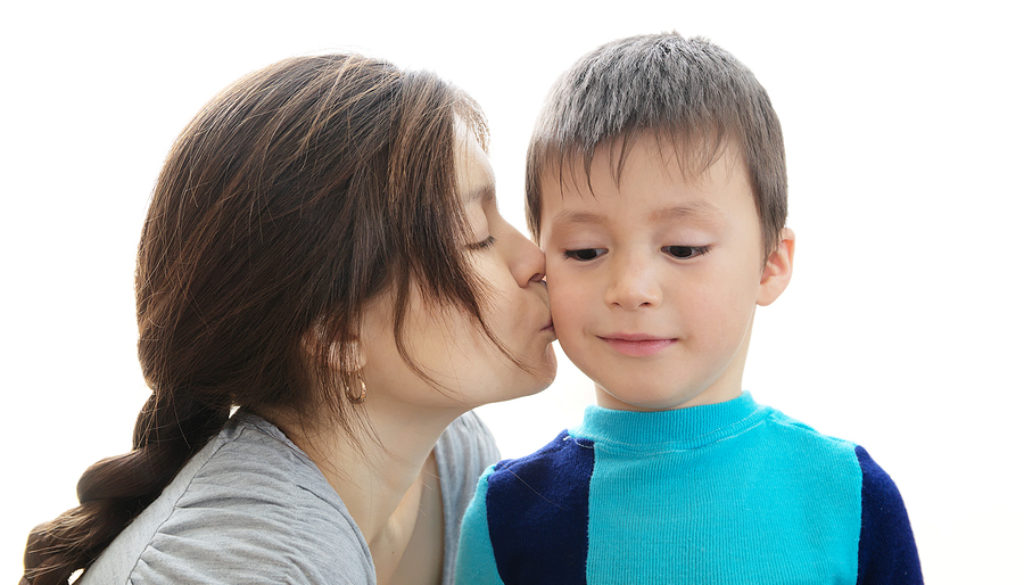The Emotional Life of Your Toddler

Social and emotional development in toddlers and young children happens at fast pace, which leaves us feeling as if we are riding a roller coaster of daily ups and downs!
As parents we work so hard to support our child’s development by giving lots of love and affection and enjoying their new skills; but we also try to set limits without stifling their self-expression. Often, we may hold expectations for our children that are not perfectly aligned with their abilities, which can add frustrations for us and our children.
One of the most powerful tools in helping your child manage these early years is to understand what they are capable of emotionally and what they are still “working on” mastering. Gaining insight into why your child may be reacting can help to reduce the stress for both of you and help you to respond effectively and lovingly.
Some tips that our Parenting Educators have shared for helping children deal with difficult feelings:
Listen quietly and attentively
Acknowledge their feelings
- “Oh, hmm, I see…”
Identify the problem
- Your brother went into your room without permission!
Give the feeling a name
- Boy, that sounds frustrating.
Connect feelings to content (or problem)
- You’re furious because your brother went into your room without your permission.
Restate the feeling in different words with a general truth
- It’s infuriating when someone takes your things without permission!
Give the child their wish in a fantasy
- I wish we could put a “NO TRESPASSING” sign on your door and your brother not only read it but follow it!
A few extra tips:
- Children need to have their feelings accepted and respected
- Accepting feelings does not mean you have to agree with them
- All feelings can be accepted
- Certain actions must be limited





